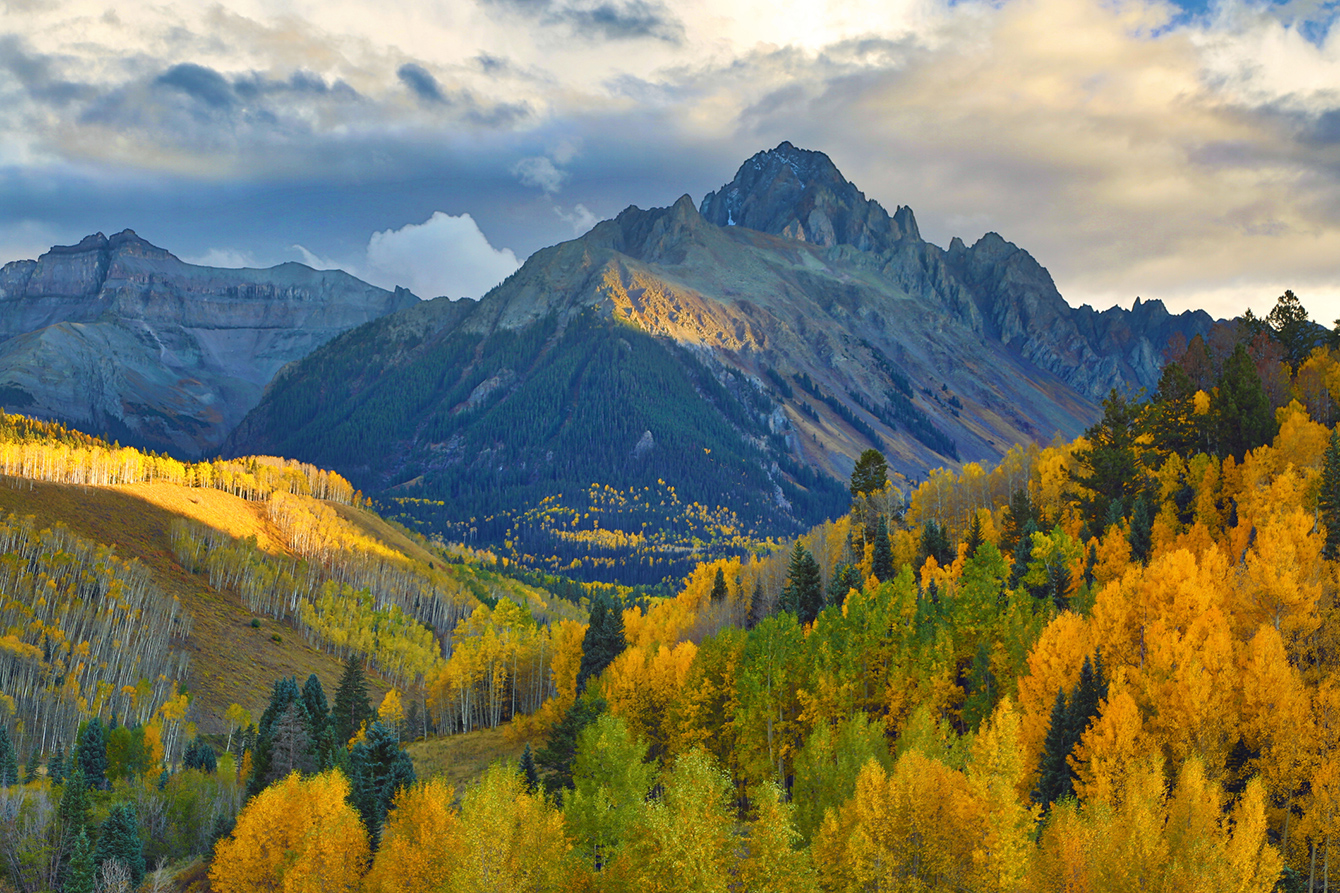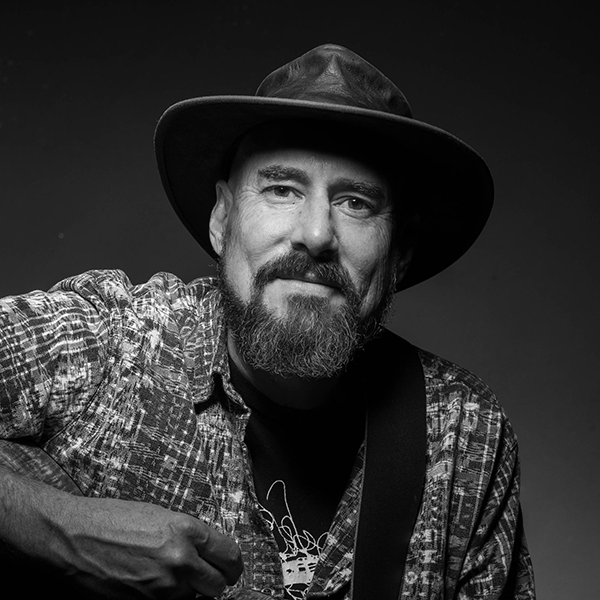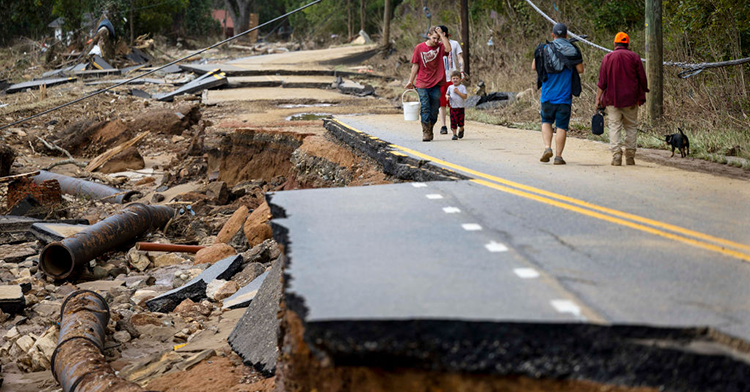It is November, and in my part of the world, the signs of winter’s approach are everywhere. Aspens glow yellow across the valley, and the bright blue of summer’s skies deepens to slate, especially as the evenings bring dark clouds west over the mountains. It is Samhain, the time of year when my Celtic ancestors prepared for both the coming of winter and the coming of Christ — for Advent.
And this year, the alpenglow feels especially clear to me, almost sharp, as Advent approaches and I think about the body and, in my case, the body’s failings. I am reminded of the body as leaves fall and the incarnation nears.
I am reminded because I am a sufferer of chronic illness. I’ve written here about some of that illness, and for the past five years, I’ve found myself carrying that illness more heavily than I thought I would: incurable fatigue, fevers from vomiting too hard, midnight ambulance rides. I’ve had medications go awry and spent days in sleep. And most recently, I’ve learned that my 15 years of pelvic pain is treatable only by a hysterectomy.
For me, at 38 years old, that news is shocking, hard and final. I have one son, whom I love, and I will not have another.
Life with chronic pain is very hard, and it’s also not uncommon. The CDC found that about half of Americans suffered from chronic illness in 2018, and those numbers have only grown since COVID’s spread. I think of my father, whose osteoarthritis has removed any cushion between his joints, bone grinding on bone as he walks. Whether we carry chronic disease ourselves or we know someone else who does, the continual suffering of the body is well known to us.
And some would say, quickly, that the body’s suffering is also known to God — and that casting our cares upon God will relieve us of that pain. That we who suffer would know relief if only we would believe.
There’s something so wrong about this, so contrary to who God is. It turns God into the angry watcher, the parent waiting for us to screw it up, again, standing at the doorway, mouth clenched, the “I told you so” ready.
If Scripture tells us about God, we know God to be something else: the mother hen, shielding chicks against stones; the grateful father, rushing to embrace both the prodigal and the older brother. We know that God calls us beloved, while the warnings we hear from others fall on us like the good intentions of Job’s friends: accusatory, fearful and full of anger.
I have heard my share of these warnings, particularly from people who are uncomfortable with suffering. Christians have spent centuries trying to figure out the nature of suffering — where it comes from and whose fault it is. Think of the Gospel account of the man born blind and the disciples’ attempt to pin Christ down for an answer: “Why does this man have no sight? Is it his fault or his parents’?”
They, and we, look for someone to blame, and the disciples — both old and new — default to blaming the man whose eyes cannot behold the light of the world, Christ, standing in front of him.
I can say that in my own pain I have struggled to see. I have struggled to see purpose in having celiac disease; I’ve struggled to feel comforted while weeping and curled up in bed. I have felt helpless, low, worn thinner than I ever thought I could be.
But once, after an afternoon of vomiting on a family trip in the Rocky Mountains, I looked up and saw white sheep dotting a green mountainside. I saw them with a clarity that felt given, even as my insides trembled.
“Thank you,” I whispered, and I meant it — I was grateful for the sheep, for the sight of them in their pasture, for their presence in my pain.
And after receiving the news of my required hysterectomy, I sat in my car and wept while leaves fell, the wind fluttering them gently around me, the afternoon light golden, present, comforting. They fell as I cried, encircling me in my loss.
Amma Syncletica, one of the desert mothers, compared illness to a kind of “asceticism,” and St. John of Gaza wrote that, instead of fearful supplications, the ill could offer God simply “thanksgiving and endurance.” What to be thankful for depends on the person, how thinly each has been stretched by pain.
But St. John’s words remind me of Anne Lamott’s two favorite prayers, which have come to me in so many times of pain: “Help me, help me, help me” and “Thank you, thank you, thank you.”
What I am learning about my Celtic ancestors is that their connection to the natural world anchored their sense of the spiritual. Esther de Waal writes that the Celts felt themselves “as part of the whole created world” and that their attention to nature was a true expression of their faith, as vividly expressed by the sixth-century Celtic monastic poet Blathmac:
[Christ] is king of the heavens. His the brightly clothed sun, his the gleaming moon.
His is the earth to his will; it is he who moves the sea; both has he endowed, the one with plants and the other with sea-creatures.
He is the most generous that exists; … his is every flock that he sees, his the wild beasts and the tame.
[He] owns every bird that spreads wings; on wood, on land, on clear pool, it is he who gives them joy.
It strikes me that in my chronic illness, it is the natural world that I seek out. The falling of leaves comforts me, and the movement of the light, the sun, anchors me. The sight of sheep on a mountainside delights me. It is as if the wisdom of my ancestors is opening my eyes, helping me keep watch for the One who is most generous, who seeks the sick, who is with me.
As Advent approaches, I watch the trees grow bare, their dark branches strong, their skeletons reaching upward. I light candles when the sky dims. I pray, I look for light, and I hold on.





















